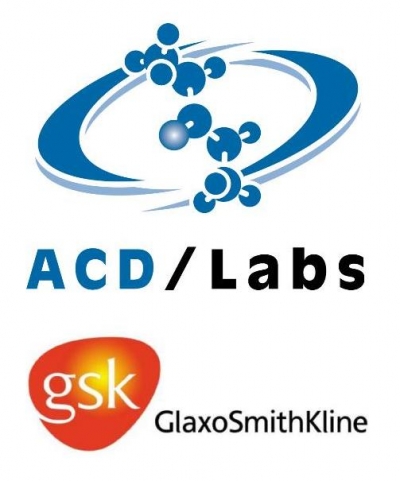Improving the Knowledge of Metabolites and their Outcomes at GSK
A recent survey from the International Data Corporation (IDC) suggests that knowledge workers spend 15-35% of their time searching for information. A previous study by the same firm estimated that an enterprise with 1,000 knowledge workers loses a minimum of $6 million a year in the time workers spend searching for, and not finding, needed information. These types of issues are very relevant in the pharmaceutical and chemical industries. In these environments, many laboratory experiments represent expensive, time-consuming repeats of previous experiments, simply because the data cannot be found or, if found, cannot be re-used.
This webinar will consist of 2 parts. The first part will introduce the traditional ‘one-and-done’ data life cycle and how the problem directly relates to the massive amounts of ‘dead’ data that exist within a laboratory environment. Some of the major issues will be highlighted, the symptoms of those issues, and how the secret recipe is to breathe life into dead data by applying it to chemical context.
In the second part, Steve Thomas, Investigator at GSK will share how their DMPK group is putting their analytical data into context to improve collaboration and share globally their group’s collective knowledge of metabolites and their outcomes.
Whether you are acquiring various types of analytical data to identify and assess metabolites, identify impurities, or understand formulations, this webinar will provide some best practices on how to improve returns on analytical data generation by putting 'dead' data into chemical context. With a technology framework applied based on Unified Laboratory Intelligence (ULI) principles, the GSK case study shows how scientists can search, retrieve, and re-apply 'live' data findings and relationships to create a more intelligent R&D environment.
Presented by

Ryan Sasaki,
Director of Global Strategy, ACD/Labs, Inc.
Ryan Sasaki is the Director of Global Strategy at ACD/Labs, Inc. It is his responsibility to liase with influential industry personnel and authorities in the chemistry and laboratory informatics industries. He has presented at several analytical chemistry and informatics events worldwide and has authored a series of publications on analytical chemistry and laboratory informatics. Most notably, he is the co-author of the white paper introducing the concept of Unified Laboratory Intelligence (ULI).

Steve Thomas,
Investigator, GSK Ware, UK
Steve Thomas is a Scientific Investigator in the DMPK department at GSK, Ware, responsible for structural identification of in-vivo and in-vitro metabolites. It is essential that GSK scientists have access to each other’s finding to prevent error, repetition or inefficiency. He has implemented a Spectrus database of metabolic knowledge that helps GSK store, share and search data around the globe.





